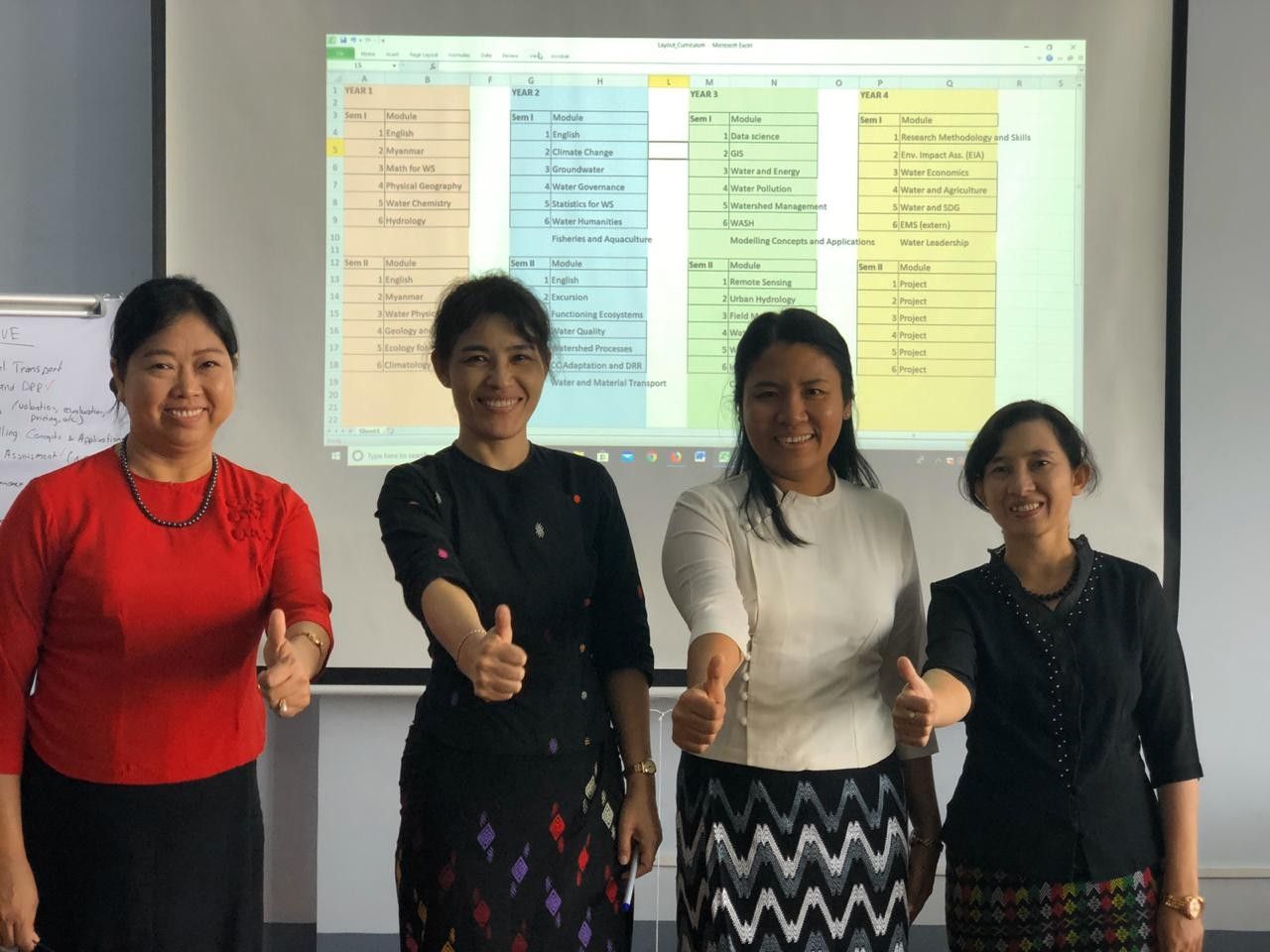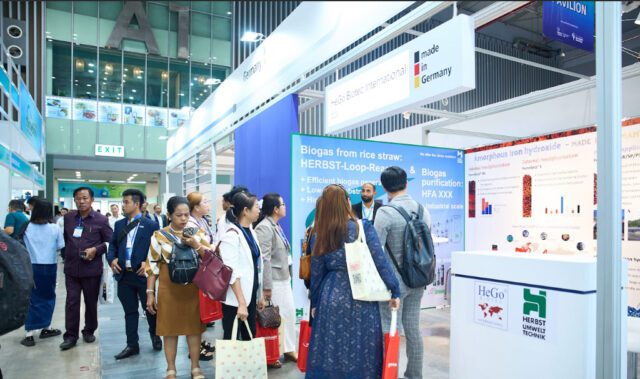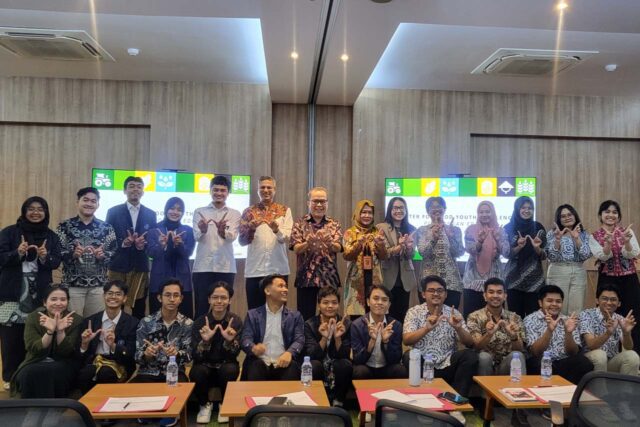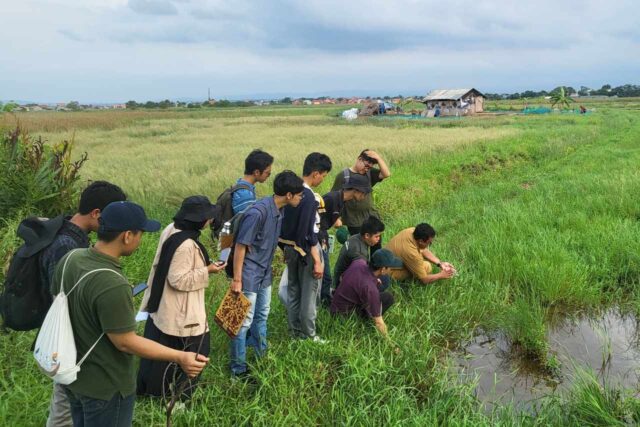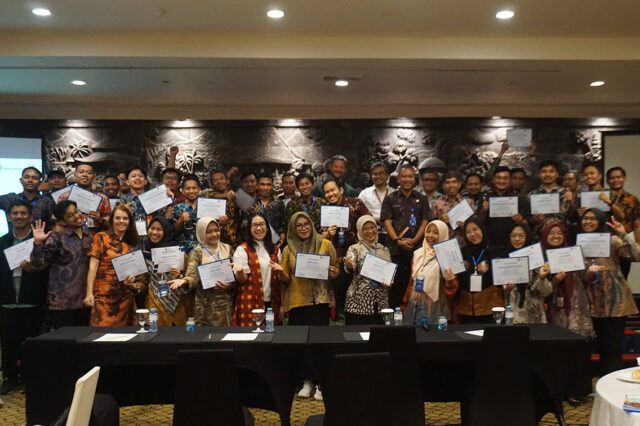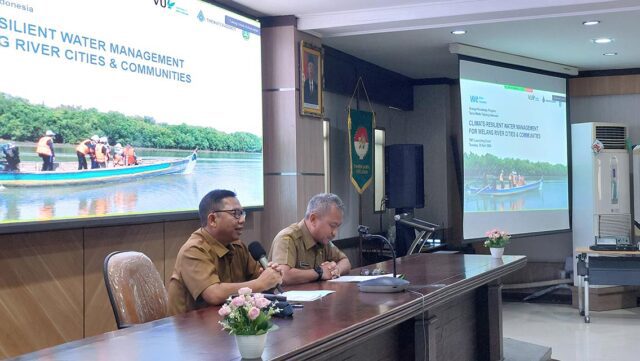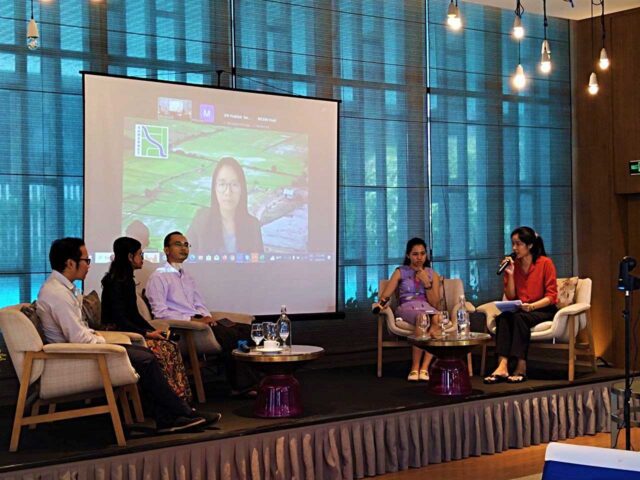Curriculum development for Bachelor course in water studies was discussed together with the professors and directors of relevant international partners with Environment and Water Studies (EWS) department of University of Yangon.
Their vision is to become a Center of Excellence and a leading scientific and educational resource on various aspects of natural resource and water management through excellence in research, training, policy analysis and development, linking academia, in active collaboration with relevant partners.
State Counsellor Daw Aung San Suu Kyi has urged the university’s authorities to promote the law and water studies at the university at the end of the meeting on rejuvenation upgrading Yangon University on September 8, 2018.
With the support of NUFFIC Orange Knowledge Program, a five-day workshop on Curriculum development for BSc in Water Studies involved with local and international partners who are keen to share their experience and expertise which are critically required in Myanmar Water Sector.
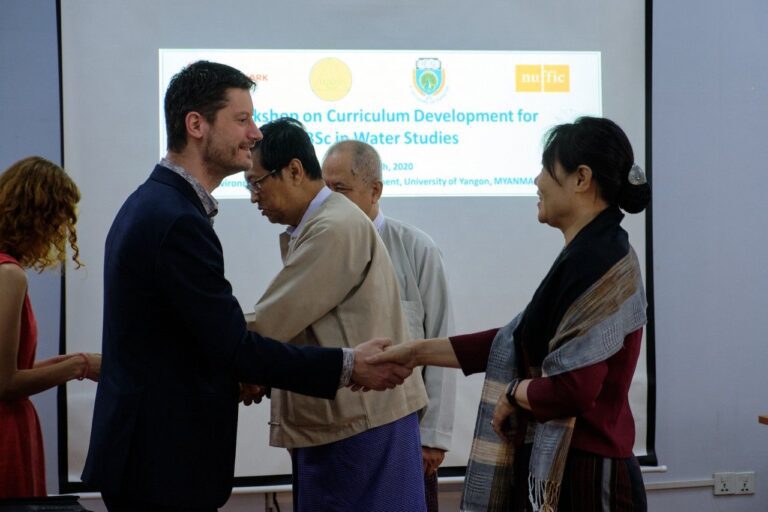
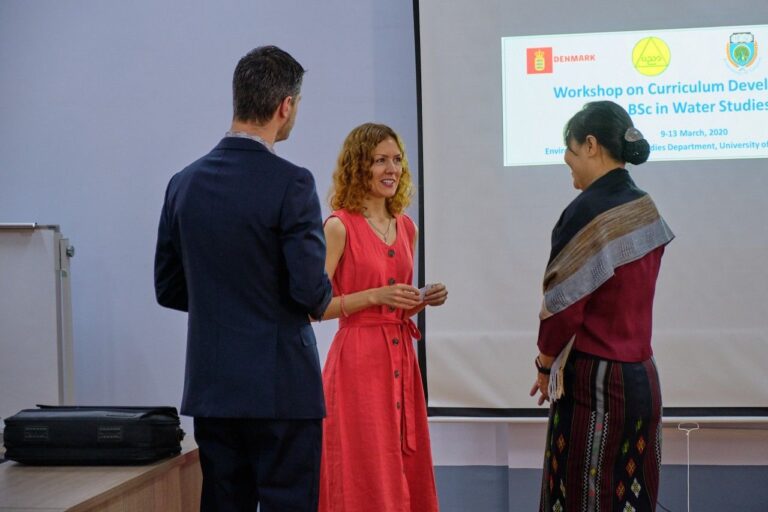
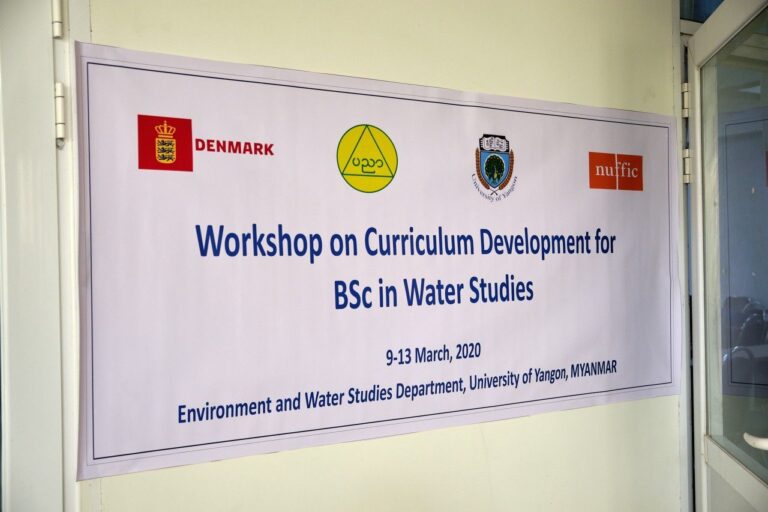
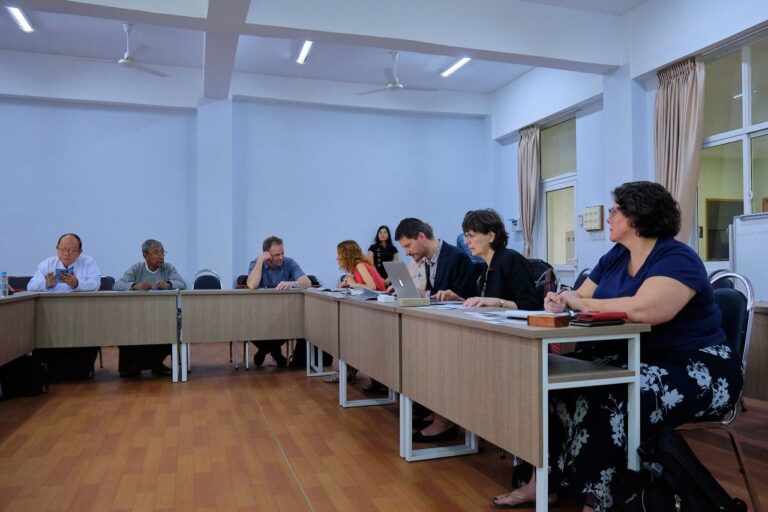
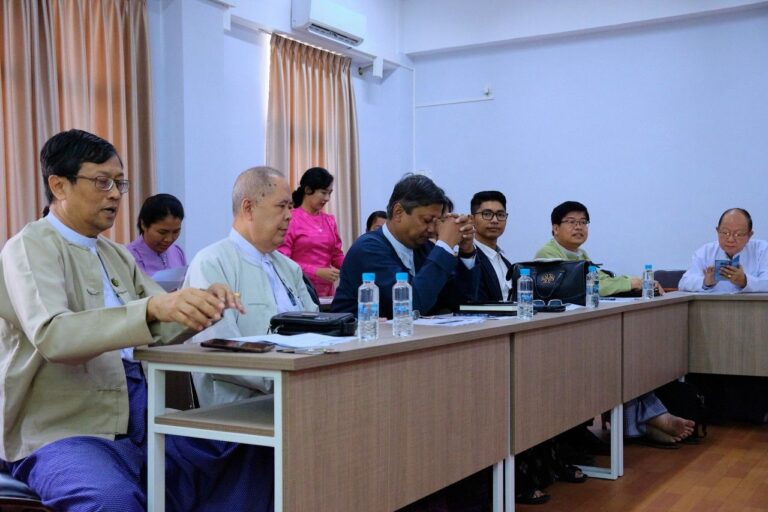
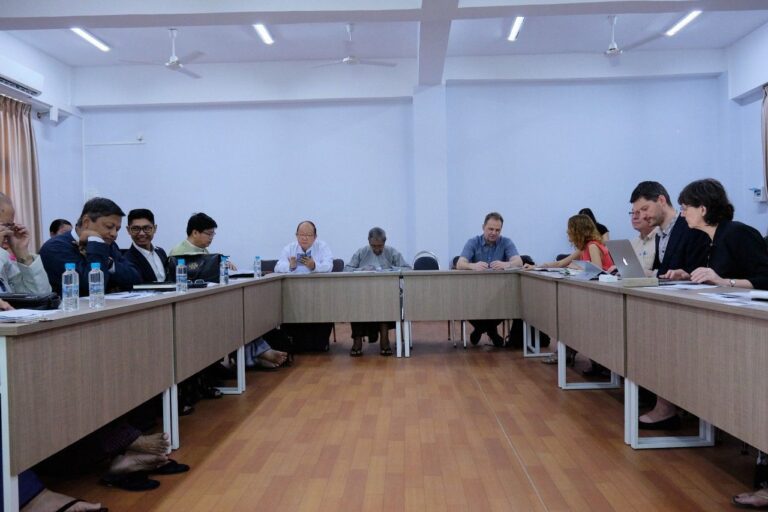
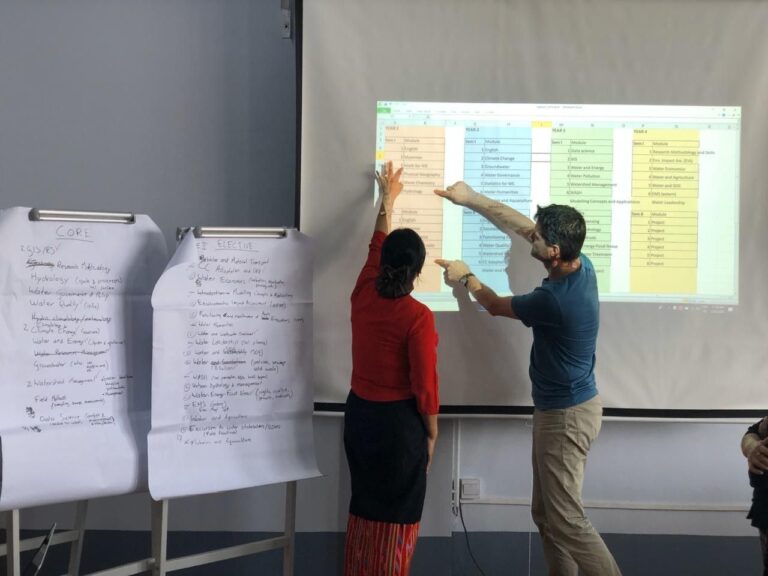
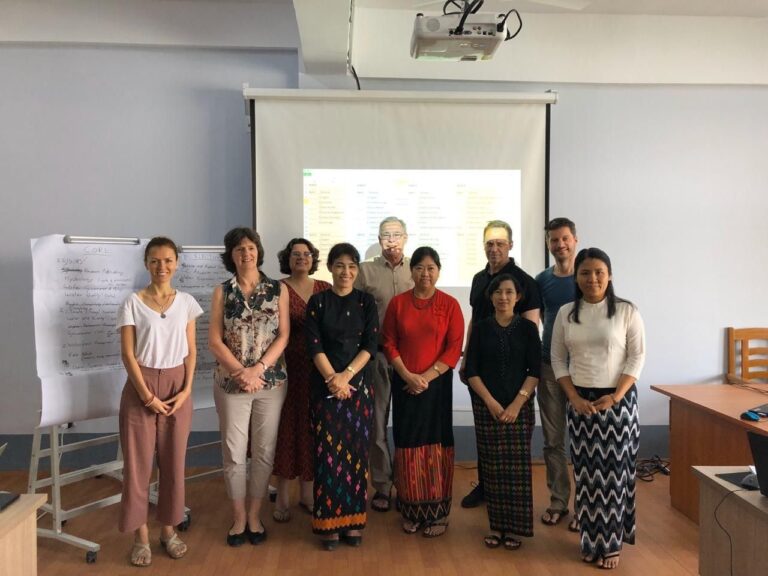
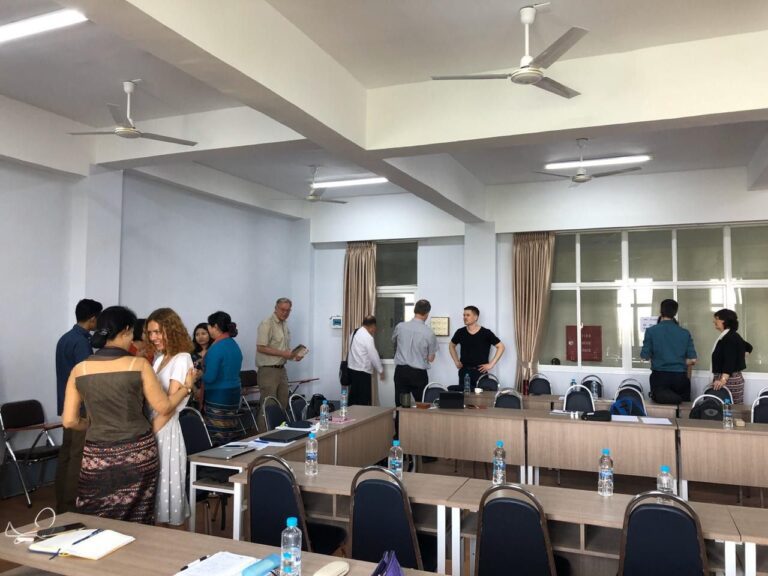
There will be two workshops organized to develop the curriculum and this is the first workshop to formulate the overall steps of process in which they discussed appropriate and relevant modules, that should be included in the course. The second workshop will be held in May at which the detailed syllabi and final curriculum will be demonstrated.
On the first day of the workshop, Dr. Seinn Lei Aye presented the objectives and missions of the water studies program to the distinguished guests. Experienced local experts stated challenges in Myanmar related to environment and water issues and shared suggestions based on their own industries as well as their lifetime learning to improve the knowledge and match up with the labour markets in water sector. Furthermore, The Water Agency shared the result of labour market assessment needs in Myanmar of which 20 key stakeholders include Governments, NGO, and private companies, and universities.
The following days were the time where international experts articulated specialties that they can contribute in the curriculum development process. Dr. Denyse Snelder from Vrije Universiteit Amsterdam (VU Amsterdam) shared her experience for creating constructive alignment, a principle used for devising teaching and learning activities that directly address the intended learning outcomes (ILOs) in a way not typically achieved in traditional lectures, tutorial classes and examinations. Two basic concepts are that learners construct meaning from what they do to learn and the teacher makes a deliberate alignment between the planned learning activities and the learning outcomes. At the end, the attended participants summarized an overview of the bachelor degree of water studies curriculum depending on the current environment and water-related issues in Myanmar by making the list of courses divided into three categories: foundation courses, core courses and elective courses.
At the end of the workshop, more participants who are currently working in Myanmar Water sector were invited to share thoughts and suggestions to improve the curriculum. In May, the detailed syllabi will be finalized the coherence of various courses by getting a board consensus of agreement upon joining the teaching process from different departments.
